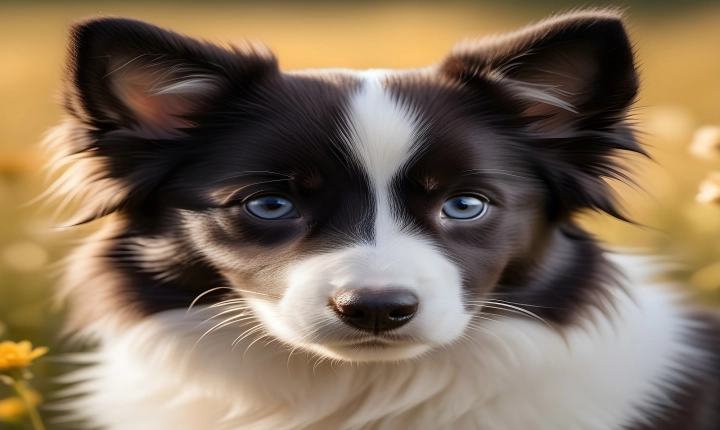Can an AI Replace Human Creativity?
Artificial Intelligence (AI) has made significant advancements in recent years, raising questions about its potential to replace human creativity. The debate surrounding the ability of AI to replicate human creativity is complex and multifaceted. While some argue that AI can never truly replace human creativity, others believe that it has the potential to revolutionize the way we understand and produce art.
One of the primary concerns about AI in the creative domain is its ability to imitate rather than innovate. Critics argue that while AI can analyze and generate art based on existing styles and patterns, it lacks the capacity for true creativity, originality, and the ability to express emotion. Human creativity is often rooted in personal experiences, feelings, and complex thought processes that are difficult to replicate in a machine.
However, proponents of AI in the creative field argue that it can offer unique and novel perspectives, leading to groundbreaking artistic expressions. AI algorithms can analyze vast amounts of data, identify patterns, and generate new combinations that humans might not have considered. This can potentially lead to innovative and thought-provoking works of art that challenge traditional notions of creativity.
Another crucial factor to consider is the role of AI in collaboration with human creators. AI has the potential to enhance human creativity by providing tools and resources to streamline the creative process. For example, AI-powered tools can assist artists in generating new ideas, refining their work, and even automating repetitive tasks, allowing creators to focus on higher-level concepts and creative decision-making.
Moreover, AI can also contribute to democratizing the creative process by making it more accessible to a broader audience. By harnessing AI technology, individuals with limited artistic skills can create compelling art, music, or literature, lowering the barriers to entry in the creative domain.
Despite the potential benefits of AI in the creative realm, ethical and philosophical concerns remain. The notion of art as a deeply human expression raises questions about the authenticity and emotional depth of art created by AI. Furthermore, the impact of AI-generated art on the value and recognition of human-created works is a subject of ongoing debate.
In conclusion, while AI has the potential to revolutionize the creative landscape, it is unlikely to completely replace human creativity. Instead, AI is poised to complement human creativity, providing new tools, perspectives, and possibilities. The relationship between AI and human creativity is dynamic and complex, and the future of art and creativity may involve a delicate balance between human intuition, emotion, and the analytical power of artificial intelligence. Regardless of the outcome, the integration of AI in the creative domain is certain to spark ongoing discussions and shape the way we perceive and create art in the years to come.
